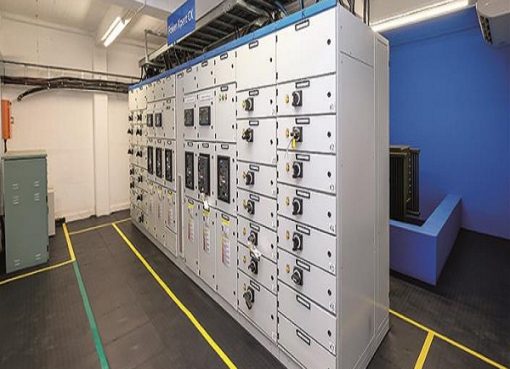Greenpeace has urged carmakers to rapidly decarbonise their steel supply chains in a bid to cut rampant carbon emissions from the sector.
“Automakers are steering us toward climate catastrophe by failing to decarbonise their steel supply chains. Automotive steel has a massive carbon footprint, but major automakers like Hyundai, Volkswagen and Toyota have not disclosed their steel emissions. We need automakers to both consume less steel and to drive the transition to zero-carbon steelmaking,” said Greenpeace East Asia senior analyst Wenjie Liu.
In 2022, the 16 largest automakers in the world used at least 39 million tonnes of steel, generating an estimated minimum 74 million tonnes of CO2 emissions.
Toyota used the most steel of all 16 automakers, with at least 6.3 million tonnes, which resulted in an estimated minimum 12 million tonnes of CO2 emissions. Toyota was followed by Volkswagen and Hyundai-Kia, which used at least 5.2 million and 4.2 million tonnes of steel, respectively.
A recent report stated that zero-carbon steel could be produced at a competitive price in Europe and North America, but only with the right policy incentives. It found that while the steel sector could still be transitioned to a Paris Agreement-aligned emissions pathway by 2030, the global pipeline of near-zero-emissions steel projects must triple within the next three years to do so.
Greenpeace said that carmakers have not taken sufficient steps to decarbonise their steel supply chains. To date, none of the major firms has set a specific target to reduce steel consumption and associated emissions. In addition, none of the 16 automakers have specifically disclosed emissions associated with steel.
According to Reuters, Volkswagen and Toyota have committed to being carbon neutral by 2050, while Hyundai Motor Group said its “accelerating efforts” on carbon reduction across the business operations of its subsidiaries.
In some cases, automakers and steelmakers have partnered in low-carbon steel initiatives, particularly in Europe. However, existing steel decarbonisation initiatives lack pathways to adopt renewable energy, Greenpeace warned.
In addition, automakers have not announced large-scale steel decarbonisation projects and in certain instances have not disclosed the scale of the initiatives at all.
“If they are serious about decarbonisation, by 2030, automakers must halve their emissions from steel. The first step is the disclosure of steel-related emissions, but we unfortunately haven’t seen this happen yet,” Liu added. “Automakers should also issue green steel procurement commitments, which would signal steelmakers to invest in new technology. In the longer term, automakers must achieve net-zero emissions across their supply chains, both via reduced use of steel and a full transition to zero-carbon steel.”
Source: E&T










